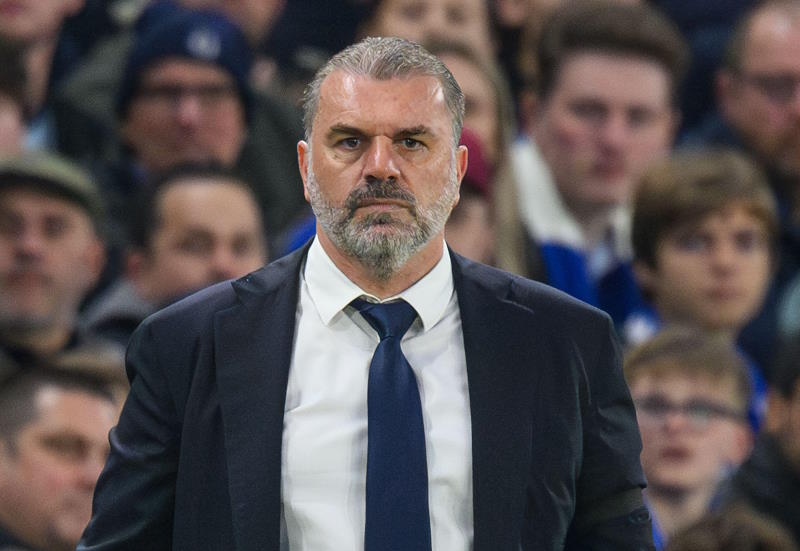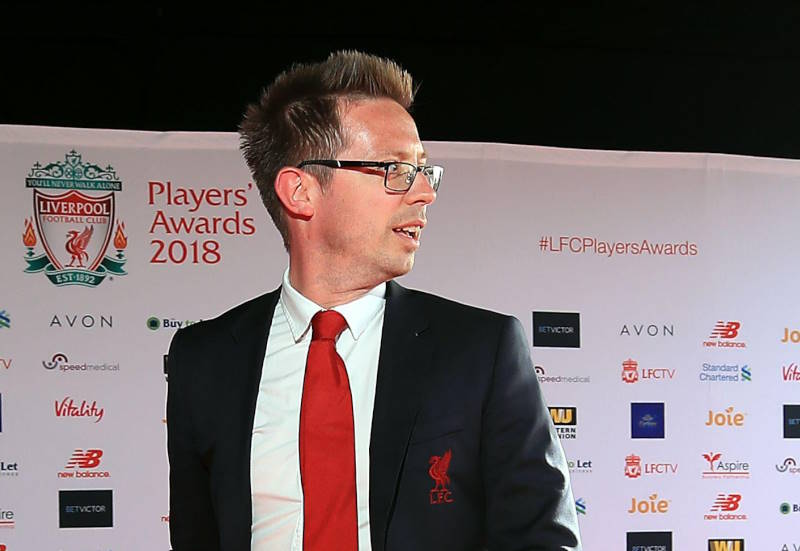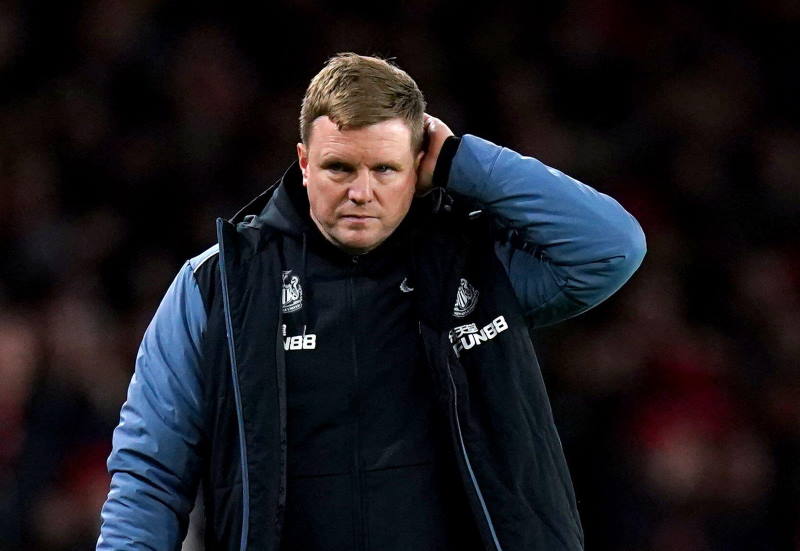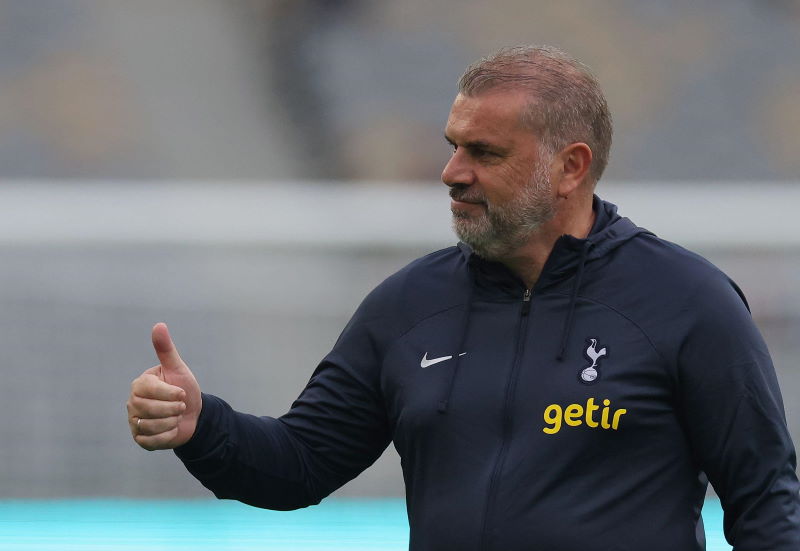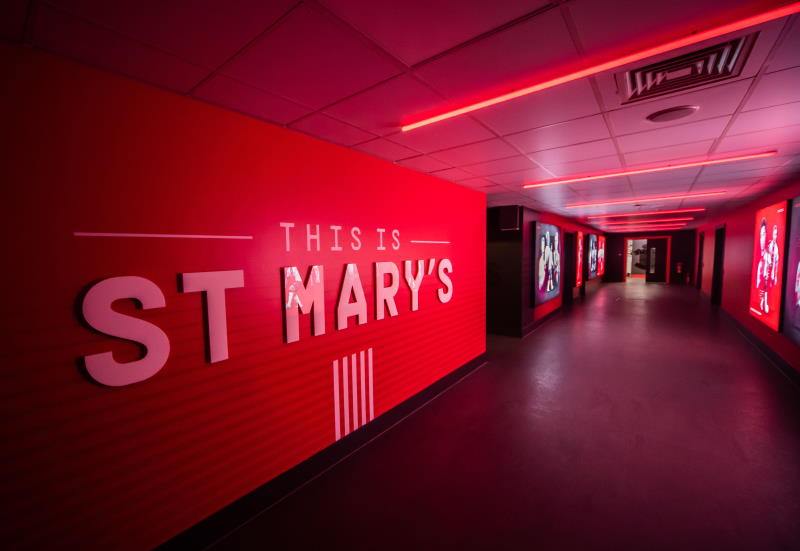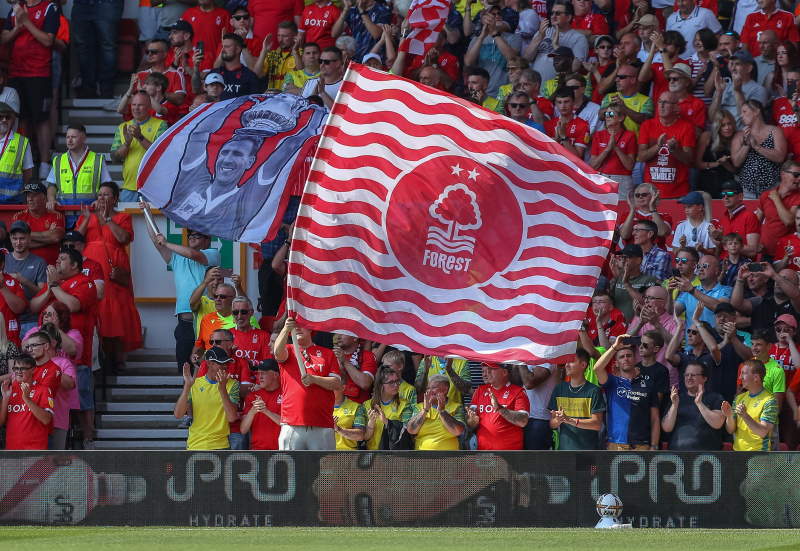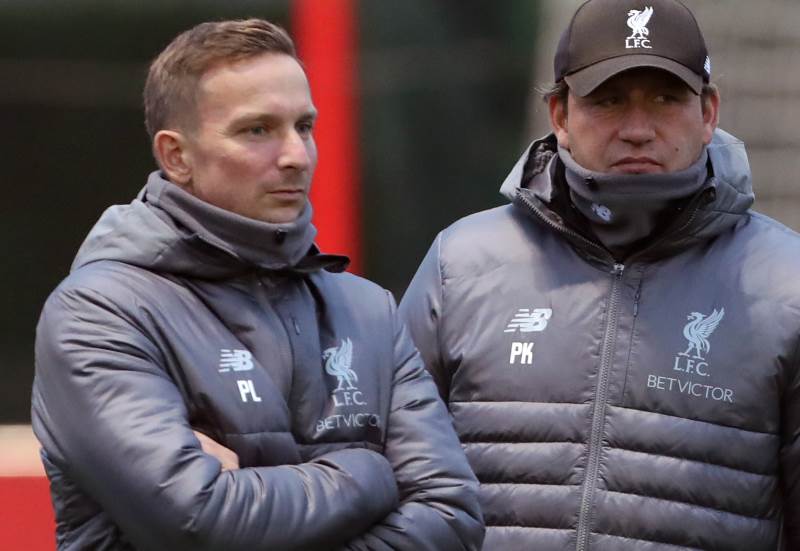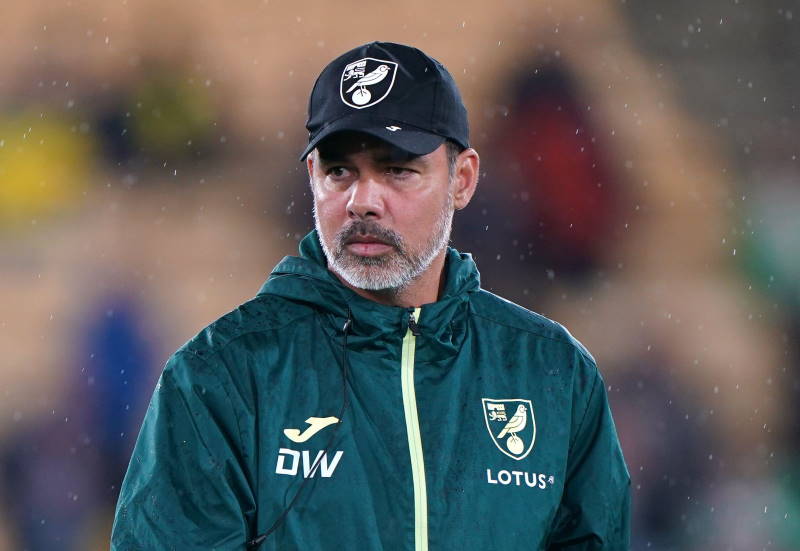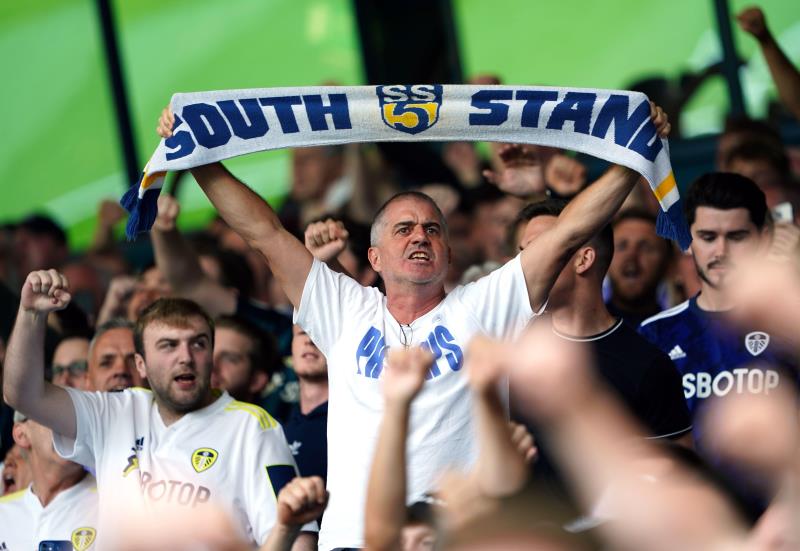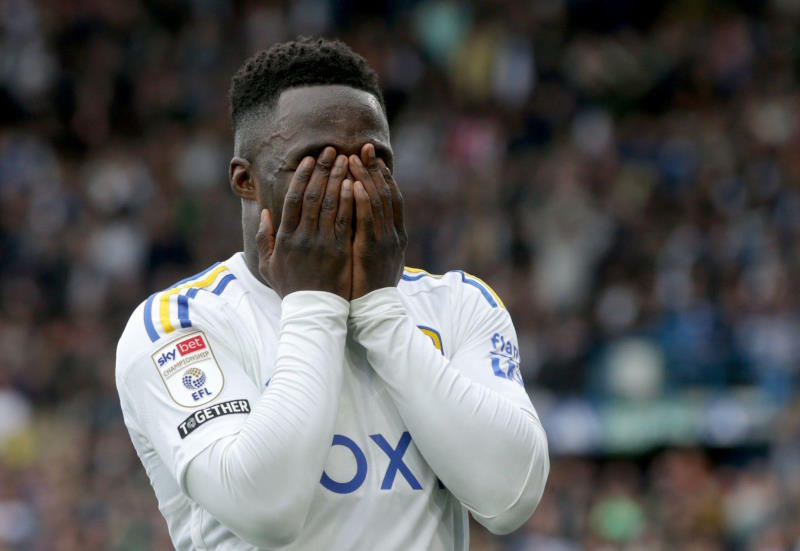
Although located in the football-crazy region of South East Asia, the Philippines have surprisingly remained primarily a basketball-mad country, where the likes of the Premier League and La Liga are unknown to the majority. The current state of the global game in the vast archipelago would come as a shock to those that lived in the country back in the early 1900s, when the nation experienced success in the Far Eastern Championship Games, and witnessed the rise of Barcelona sensation Paulino Alcantara.
The Filipino-born striker, who still holds the goalscoring record at Barca with an astounding tally of 357 goals in the same amount of matches, is a legend at the Catalan club, but a relative unknown in the modern-day Philippines. His disappearance into the shadows of the country’s sporting history indicates just how out of touch the people have become with football in the nation. With the conception of the United Football League (UFL) in October of last year however, the beautiful game looks to be on the verge of a massive revival that could see the sport return to its glory days of the 1900s.
The UFL is the first ever eight-month long competition in the nation, boasting 16 clubs battling it out in both league and cup formats, with each side guaranteed at least 20 matches. After the initial cup tournament, which was used to separate the clubs into two divisions, the league got underway in January, with a relegation and promotion system in place much like those implemented around the world. With matches being held regularly for the first time over an extended period, the Filipino public was finally treated to intense football clashes week in and week out.
Behind the conception of the unprecedented tournament, is a group of eight football aficionados who created the Football Alliance, an organisation formed with the goal of bringing the sport to heights never experienced before in the nation. All former players in their youth with immense passion for the game, the group used their resources as highly accomplished individuals in their realms of business, to develop a model that would ensure the UFL would not only be a venue to showcase the nation’s best footballers, but also a sustainable business entity.
After much careful planning, the Football Alliance succeeded in bringing in numerous sponsors not only for the tournament, but also for most of the clubs participating in the league. The group managed to partner with a whole host of media corporations as well, ensuring constant mileage on radio, print, the internet and even the occasional television appearance. The result was a business model that would sustain itself, at the very least, for three years.
The group has its sights set, in partnership with the Philippine Football Federation and the various regional associations in the country, on bringing the UFL to a level where its clubs will be able to compete in the AFC Champions League within ten to 15 years. In the short term, the Football Alliance is focused on creating bigger sponsorship packages, to fund further development of the league, its teams and ultimately its players. A deal for full game television coverage is also in the works, creating a massive opportunity for a wide audience to appreciate the game of football all over the country.
Presently, the UFL is at the back end of the inaugural season, with only a few matches remaining. The enthralling race for the title in the First Division has gone all the way down to the wire, with three teams still vying for a place in Philippine football history as the first ever UFL champion. Global Smartmatic, a club that acquired two Ivory Coast players in a mid-season transfer window, sealed promotion from the Second Division just last week, finishing their campaign unbeaten.
In the 16 teams involved in the UFL, three come from the nation’s Armed Forces, five are University-based, and the rest are separately founded clubs. The league boasts a raft of home-grown talent, as well as a plethora of international players from all over the world. Fans witnessed a beautiful diversity of ability, with footballers from the likes of Africa, Spain, France, Japan, Iran, and even the United Kingdom, playing with and against each other in a mix of players that exemplified the international appeal of the global game.
The quality of football has been rapidly increasing now that the players and coaches have been exposed to regular and highly-competitive football, signs that there is plenty of untapped potential for growth in the Philippines. Excitement of a new dawn in the sport has everyone in the nation’s football community brimming with anticipation, especially the players. Alexander Borromeo, captain of the Philippine team, expressed his pleasure in taking part in the competition, saying “The UFL will help the sport grow tremendously. Hopefully it takes a snowball effect and builds momentum for years to come. There is now actually a proper league in the Philippines where the young players look forward to playing.”
With the conception of the UFL and the hard work of the people behind the organisation, the future of football in the Philippines is looking brighter than ever.

